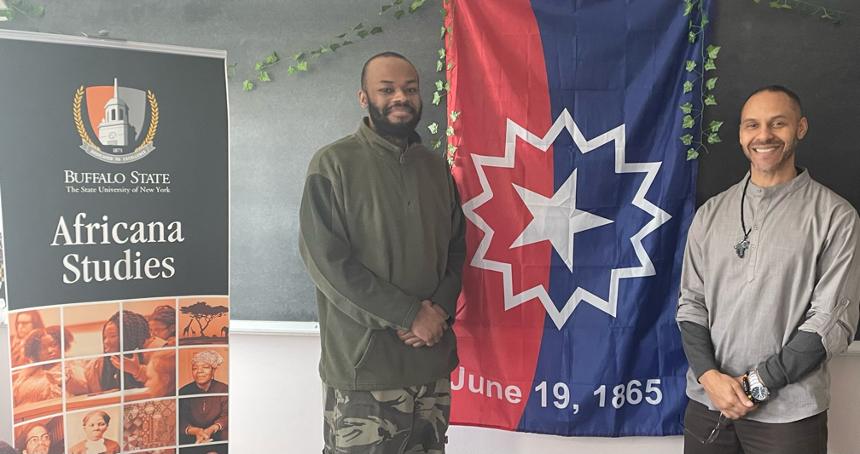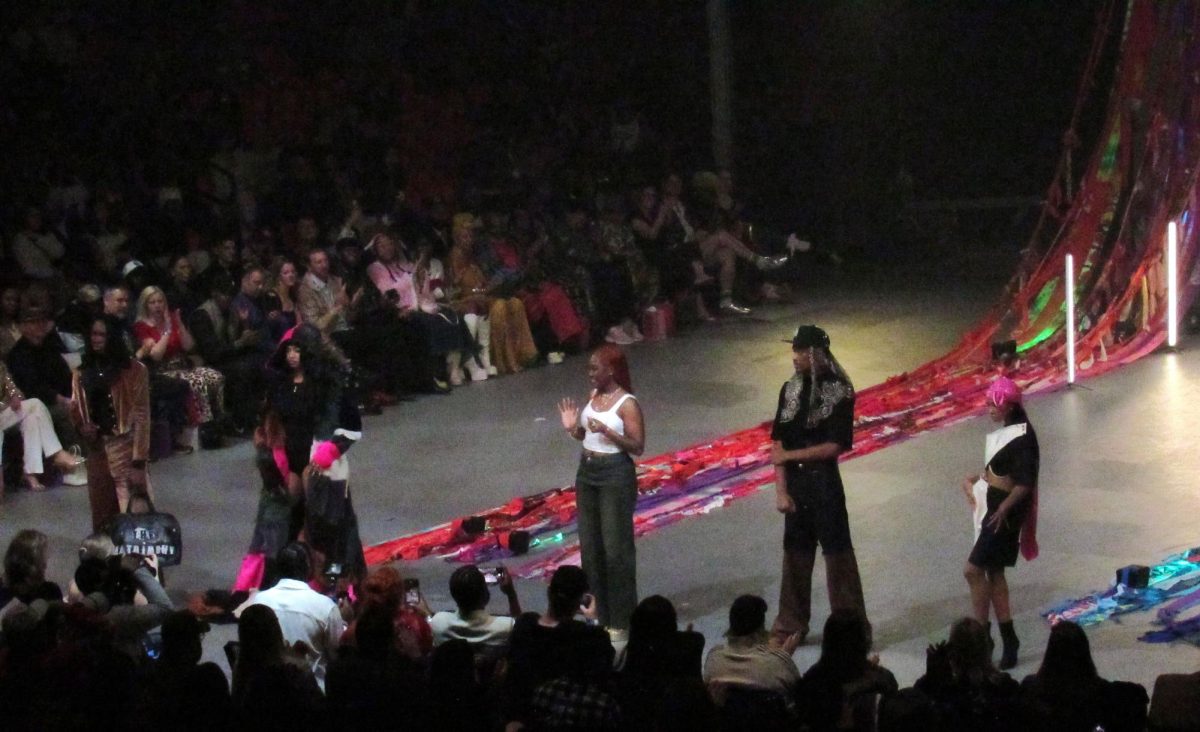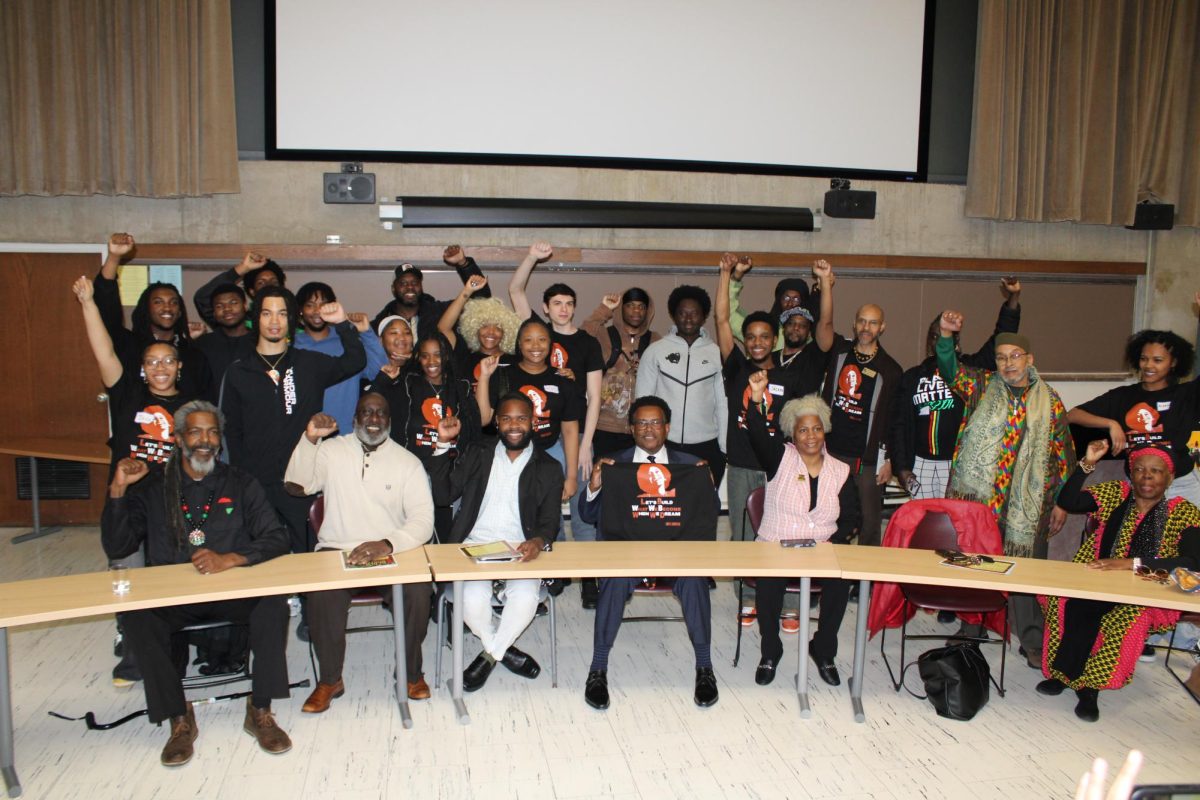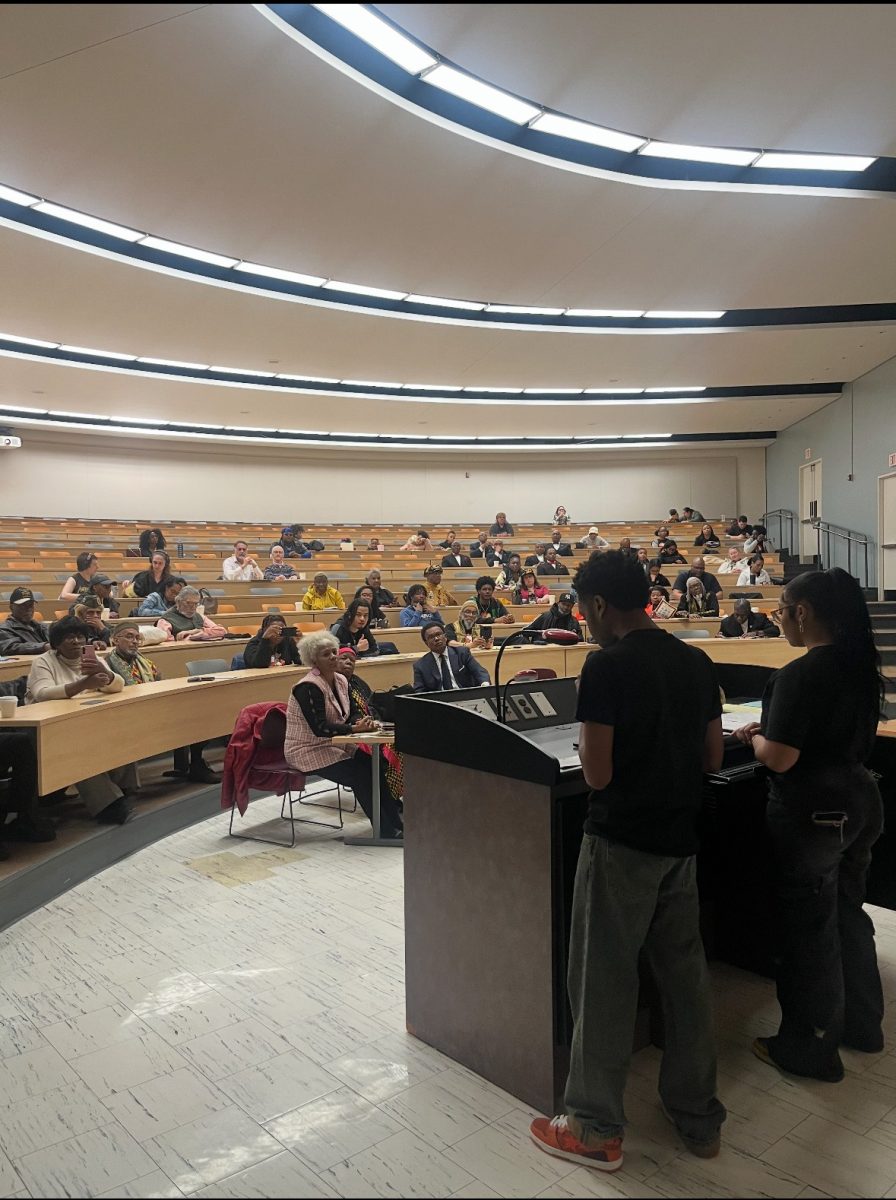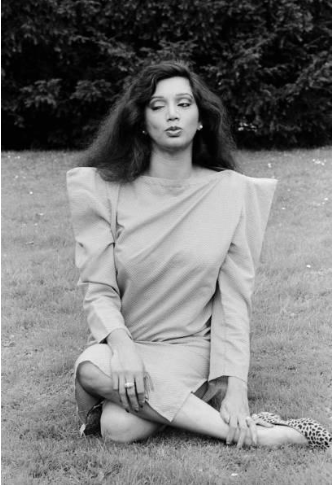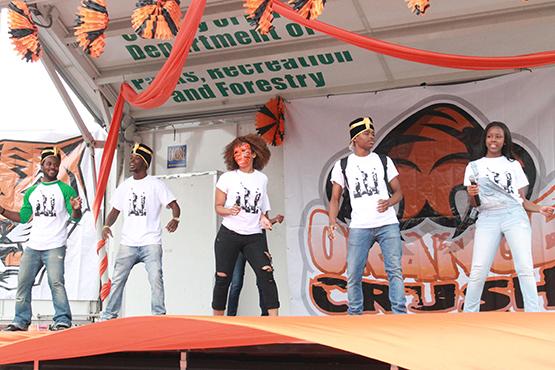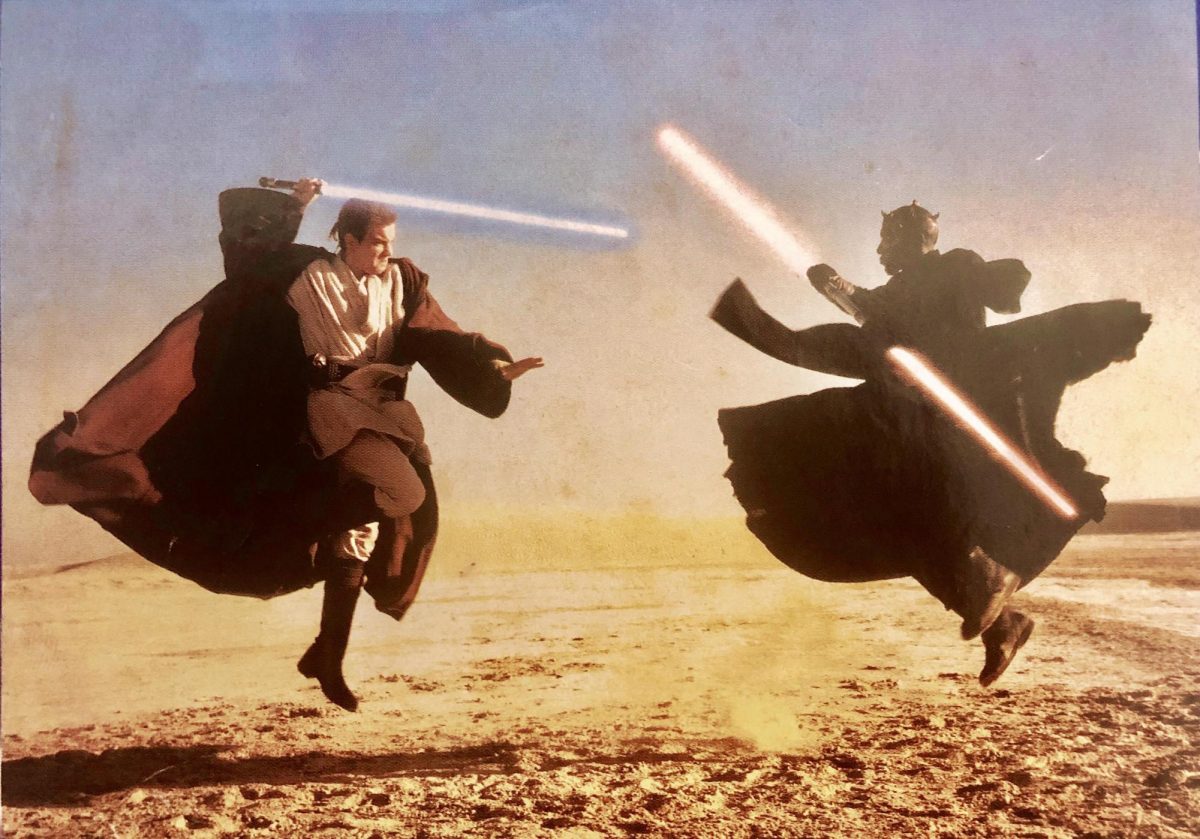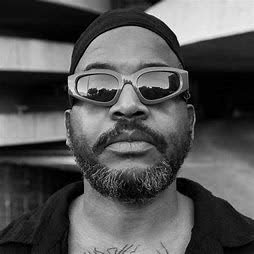Most Americans come to college with an education from the Eurocentric viewpoint of the world.
Africana Studies at Buffalo State University challenges students’ understanding of society with a focus from the Afrocentric lens.
“There aren’t many other classes that challenge how someone is thinking,” said Arif Pitts, Africana Studies student representative. “It’s the only set of classes that I feel really challenge your thought process.”
Africana Studies stands out at Buffalo State in a time that Africana and Black programs are being banned in places like Florida and Texas.
In 2019, Buffalo State added an Africana studies major and hired several professors, including Dr. Marcus Watson, coordinator of Africana Studies, to deliver the curriculum. Adding a major to the program made Buffalo State and University at Buffalo the only two schools in the area to have both a major and minor in Africana Studies.
As Africana Studies grows in numbers (15 students are now majors), students are feeling a sense of welcoming within the program.
“Africana Studies means family and social interactions to me, a home away from home,” Pitts said.
The program has created opportunities for its students, with internships at places like M&T Bank and the Charter School of Inquiry in East Buffalo, to show how employers are looking for Afrocentric sensibilities in the workplace.
The Africana Studies Unit incorporates courses from various departments that focus on Afrocentric views in society and history. The courses are held together by making the connection between scholarly knowledge and creating a society based on racial justice.
“There is a racial equity component that belongs in every class we teach on this campus,” said Dr. Michael Niman, professor in the Communication Department. “Having a dedicated Africana Studies program is central to acknowledging the importance of the Black experience in the United States.”
Niman also teaches PSC 333 Race, Class, and Gender in the Media.
A significant goal of the unit is to eventually become a department with a larger budget, hire their own faculty, and have a seat in campus governing. Another goal is educating other faculty members to understand how this program could benefit the campus as a whole.
“Perhaps, have at least its Intro course required of all Buffalo State students, because it’s the way the University says ‘Black thought matters’,” said Watson. “I believe that if anyone truly realized the power of Africana Studies to bring harmony to our world, they would have invested in it and promoted it yesterday.”
Although Africana Studies focuses on the African and African-descended experience, it is not just for students that identify as such. Africana teaches a perspective, not just content.
“It’s important for students who identify as Black or African boosted in our courses to look up and listen and do the readings that give them a better sense of their history,” Watson said. “But I think it’s just as important for non-Black students to know who they are sitting next to. I’m sitting next to a somebody, not a nobody. I’m sitting next to somebody who has a history, who has a culture, something to be proud of.”


